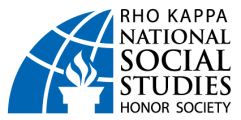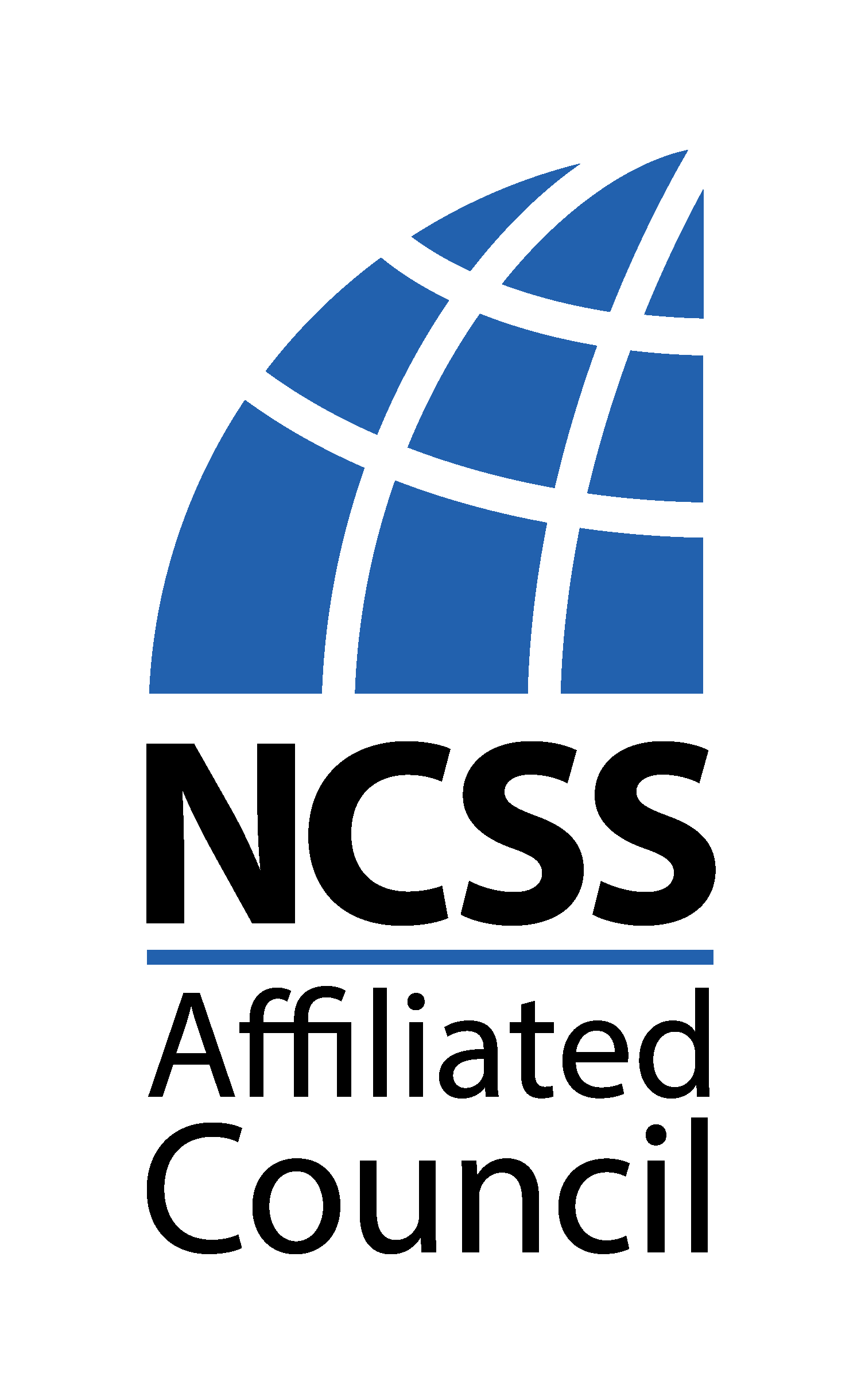|
2023
This information is re-shared from PSTA Please visit their site for more information pertaining to information below.
Concerns with H. 3728 as passed by full House on 2/8/23
For the past two years, the legislature has debated a range of bills dealing with issues of curriculum and instruction. Throughout this process, PSTA has consistently advocated for two core goals:
-
Ensuring teachers can deliver high-quality, standards aligned instruction- South Carolina has rigorous standards that are developed through a robust, multi-stakeholder process. Teachers in our state should align their instruction with state standards while maintaining the freedom to teach the full scope of the standards.
-
Reducing non-instructional burdens on teachers- South Carolina has a well-documented teacher shortage, and research consistently shows that deteriorating working conditions play a heavy role in the growth of this shortage. While PSTA believes curriculum and instruction should be transparent and accessible to families, PSTA also believes that state and local policymakers must be careful to ensure that transparency requirements are carefully tailored to create the least possible burden for teachers so they can focus as much of their time as possible on their instructional duties with students.
As reported from the House EPW Committee, PSTA felt that H. 3728 did a reasonable job complying with both of the core goals stated above. However, two amendments introduced and adopted during floor debate severely undercut the careful work of the EPW Committee, potentially transforming H. 3728 into a bill that inhibits instruction of state standards while creating unreasonable and unnecessary non-instructional burdens on teachers. As a result, PSTA believes it is essential for the following two amendments to be removed during any Senate review of this legislation as both amendments are unnecessary and harmful:
Amendment 1- Section 59-29-680. There is a private cause of action that any parent or guardian may bring against a school district for any violation of this article. An action under this article may be commenced, and relief may be granted, without regard to whether the person commencing the action has sought or exhausted available administrative remedies. A parent or guradian (sic) who successfully asserts a claim against a school district under this article may recover declaratory relief, injunctive relief, and reasonable attorneys' fees and costs.
-
Why it is unnecessary: H. 3728 already has a robust administrative process that allows concerned parents, students, and school employees to stop prohibited instructional activities. This complaint process affords due process to both the concerned individual and the educator alleged to have violated one of the prohibitions in H. 3728. On the House floor, this “private cause of action” amendment was explained as necessary to ensure prohibited activities cease prior to the completion of the administrative process for complaints; however, a district that has an active complaint on file is naturally going to take steps to stop the alleged violation during the investigation process. A good example is how districts have been addressing complaints about books/instructional materials in libraries over the last year.
-
Why it is harmful: This amendment would redirect district resources to address lawsuits that can be filed by ANY parent in ANY part of the country. While the amendment doesn’t allow for awarding monetary damages, the active defense against the lawsuit will require financial and human resources at a time where every available resource is needed for student instruction. Opening South Carolina districts to lawsuits from anywhere in the country is begging for frivolous lawsuits that will impair the ability of districts to deliver standards-aligned instruction.
Amendment 2- Section 59-29-650. (A) Beginning with the 2024-2025 School Year, and each school year thereafter, each LEA prominently shall post information regarding curriculum and instructional materials on the school district website at least seven days prior to the start of classes. If any curriculum or instructional materials are added to a class or course after the start of each semester, the LEA shall post the information on the school district at least three days prior to the added curriculum being taught. The information must indicate the materials used by school, grade or course, and subject matter, and must include:
-
Why it is unnecessary: H. 3728 already includes robust procedures for curriculum transparency, both from the district and from the classroom teacher. The addition of this amendment does little to meaningfully enhance transparency; even the requirement for “added” information to be posted three days in advance of teaching is unlikely to meaningfully enhance transparency beyond what is already being provided by teachers through syllabi, learning management systems, etc.
-
Why it is harmful: This provision creates an excessive and unreasonable burden on teachers, in large part because it fails to clearly define what is meant by “curriculum and instructional materials.” If that phrase is defined to exclusively mean course standards, syllabi, and approved textbooks, then the amendment is not burdensome as teachers rarely, if ever, change those items during the course of a school year. However, if the phrase “curriculum and instructional materials” means any curriculum resource used in class, it will create an unreasonable burden on teachers that are already routinely posting information to learning management systems. Additionally, this requirement, if defined as any resource, would chill effective instruction of state standards- a point made powerfully by Rep. Felder on the House floor when she talked about the potential for this amendment to prevent a teacher from engaging in real-time discussion of the Chinese spy balloon incident with students. There are multiple courses where such a discussion is standards-aligned and can enrich instruction by enhancing relevance for students, but this amendment could prevent that type of real-world, relevant instruction that students need and deserve.
From 2019- But Still Very Relevant!


|






